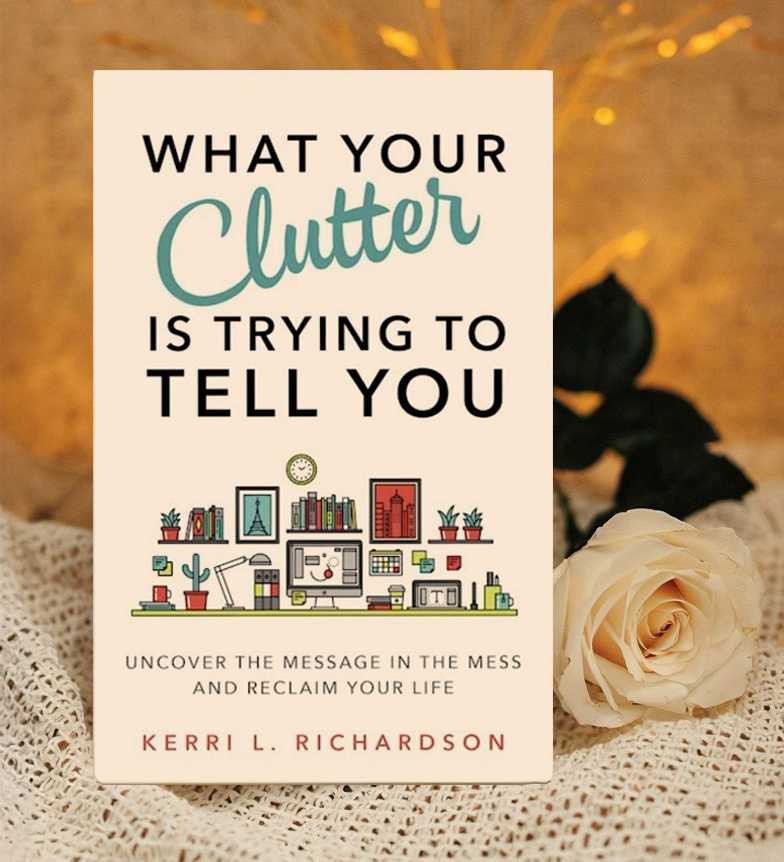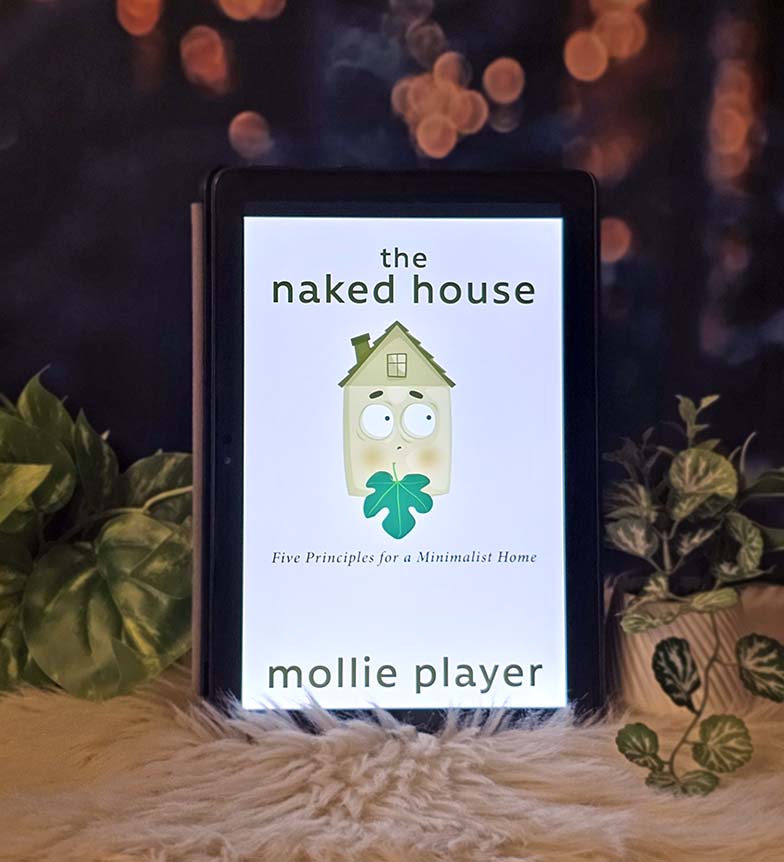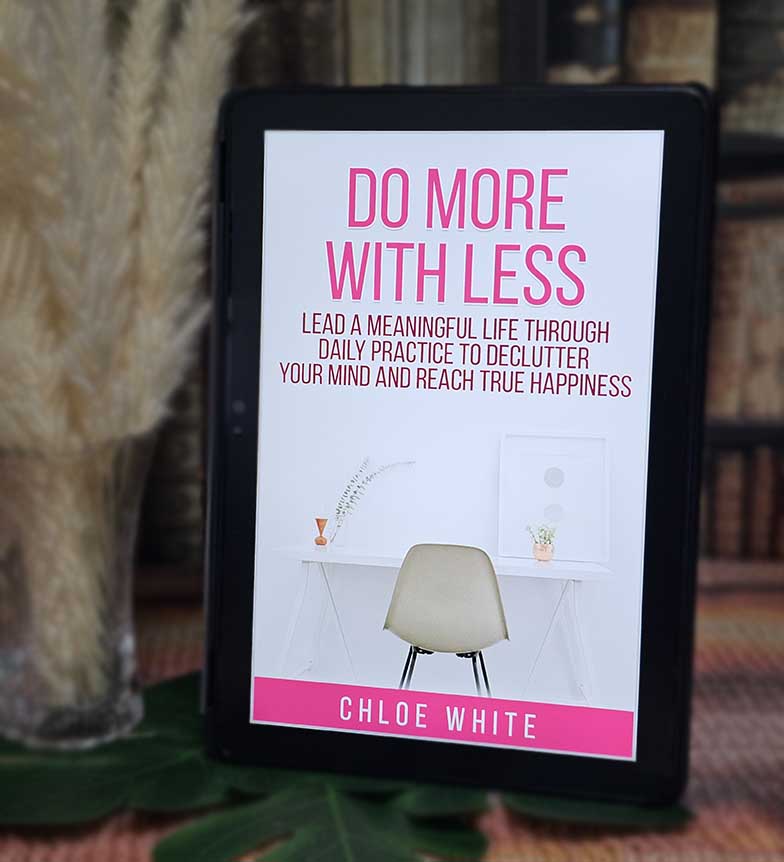
What Your Clutter is Trying to Tell You
by Kerri L. Richardson
A thoughtful exploration of the emotional and psychological aspects of clutter. Richardson goes beyond simple organizing tips to examine what our possessions reveal about our inner lives and relationships.
Spoiler Warning
This review may contain spoilers. Read at your own discretion if you haven't finished the book yet.
More Than Just Organizing
What Your Clutter is Trying to Tell You by Kerri L. Richardson stands out in the crowded field of organization books by taking a psychological and emotional approach to clutter. Rather than just offering storage solutions, Richardson explores the deeper meanings behind our attachment to stuff.
The Core Philosophy
Richardson's central thesis is that clutter is rarely just about disorganization - it's usually a symptom of something deeper. She argues that our possessions reflect our relationships, fears, hopes, and unresolved emotions. By understanding these connections, we can address clutter at its root rather than just managing the surface symptoms.
What Makes It Different
Emotional Intelligence Approach
Unlike many organizing books that focus purely on systems and containers, Richardson examines the emotional reasons we hold onto things. She explores how clutter can represent:
- Unfinished business in relationships
- Fear of letting go of the past
- Anxiety about the future
- Guilt and obligation
- Identity confusion
Practical Psychology
The book combines psychological insights with practical advice. Richardson doesn't just tell you to "let go" - she helps you understand why letting go feels difficult and provides strategies for working through those emotions.
Real-World Examples
The case studies throughout the book are compelling and relatable. Richardson shares stories from her coaching practice that illustrate how different types of clutter reflect different emotional patterns. These examples help readers identify their own patterns.
The Structure
The book is organized around different "clutter personalities" and emotional triggers:
- Memory Clutter: Items we keep because of nostalgia or guilt
- Someday Clutter: Things we might need "just in case"
- Identity Clutter: Possessions tied to who we used to be or think we should be
- Relationship Clutter: Items connected to complex feelings about others
Strengths
Compassionate Tone
Richardson writes with empathy and understanding. She doesn't shame readers for their clutter or suggest that it's simply a matter of laziness or lack of discipline. This makes the book feel safe and supportive.
Holistic Approach
The book recognizes that decluttering is often part of larger life transitions and personal growth. It connects physical spaces to mental and emotional well-being in meaningful ways.
Actionable Insights
While the book is psychological in nature, it doesn't get lost in theory. Richardson provides concrete steps for identifying clutter patterns and making decisions about what to keep and what to release.
Areas for Improvement
Limited Scope
The book focuses primarily on household clutter and doesn't deeply address digital clutter or paper organization, which are major issues for many people today.
Repetitive Content
Some concepts are revisited multiple times throughout the book, which can feel redundant to readers who grasp the concepts quickly.
Who Will Benefit Most
This book is particularly valuable for readers who:
- Have tried organizing systems that didn't stick
- Feel emotionally overwhelmed by their clutter
- Are going through major life transitions
- Want to understand the psychology behind their habits
- Prefer a gentle, non-judgmental approach to change
My Experience
As someone who has always struggled with "maybe I'll need this someday" thinking, Richardson's insights about anxiety and scarcity mindset were particularly illuminating. The book helped me recognize that my clutter wasn't just about poor organizing skills - it was connected to deeper fears about being prepared and having enough.
The section on identity clutter was especially powerful. Richardson's discussion of how we hold onto items that represent past versions of ourselves really resonated with my experience of keeping clothes from jobs I no longer have "just in case."
Final Thoughts
What Your Clutter is Trying to Tell You offers a refreshing perspective on organization that goes beyond surface-level solutions. Richardson's approach is both psychologically sophisticated and practically useful. While it may not provide the quick fixes that some readers seek, it offers lasting insights that can transform your relationship with your possessions.
This isn't a book for someone looking for specific organizing systems or storage solutions. Instead, it's for readers who want to understand and address the root causes of their clutter patterns. The result is often more sustainable change because it addresses the emotional drivers behind our behavior.
Rating: 4.2/5 ⭐
Perfect for: Readers interested in the psychology of possessions, those who have struggled with traditional organizing advice, people going through life transitions
Consider if: You prefer practical organizing systems over psychological approaches, or if you're looking for quick decluttering tips
My Notes & Takeaways
Key Insights by Chapter
Chapter 1: Understanding Clutter
"We think the problem is not having enough space for our stuff, when in fact it's that we have too much stuff for our space."
"Clutter is a temper tantrum of the soul, and it's time to listen closely to what it's saying."
"With all-or-nothing thinking, nothing always wins."
Chapter 2: The Inner Voice
"Your inner critic is a loving liar."
Chapter 3: Decision Making
"If you don't love it, need it, or use it, it's clutter."
Chapter 4: Taking Action
"Success is in the action, not the outcome."
"Feelings are to be felt, not fixed."
"Make sure your actions support your words. That's the key to having people respect and adhere to your boundaries."
Chapter 5: Expectations and Reality
"The pressure of the expectations is enough to keep the clutter on your desk, your dream partner at bay, and the pounds on your body."
What Makes This Book Valuable
Richardson's approach is psychological rather than purely practical. She helps readers understand the emotional reasons behind clutter, making it easier to address the root causes rather than just rearranging possessions.
You Might Also Like

The Naked House
by Mollie Player
Mollie Player's memoir-meets-guide about her family's experiment living with minimal possessions for a year. Personal narrative about discovering what's truly essential through radical decluttering. Engaging storytelling but limited practical application.

Do More with Less
by Chloe White
Chloe White's minimalism guide about simplifying life to achieve more with fewer possessions and commitments. Practical advice on decluttering, time management, and intentional living. Familiar minimalism territory without much innovation.

Lighter Living
by Lisa J. Shultz
A practical and compassionate guide to simplifying your life by letting go of physical and emotional clutter. Lisa Shultz offers concrete strategies for creating space, reducing overwhelm, and living with greater intention and peace.